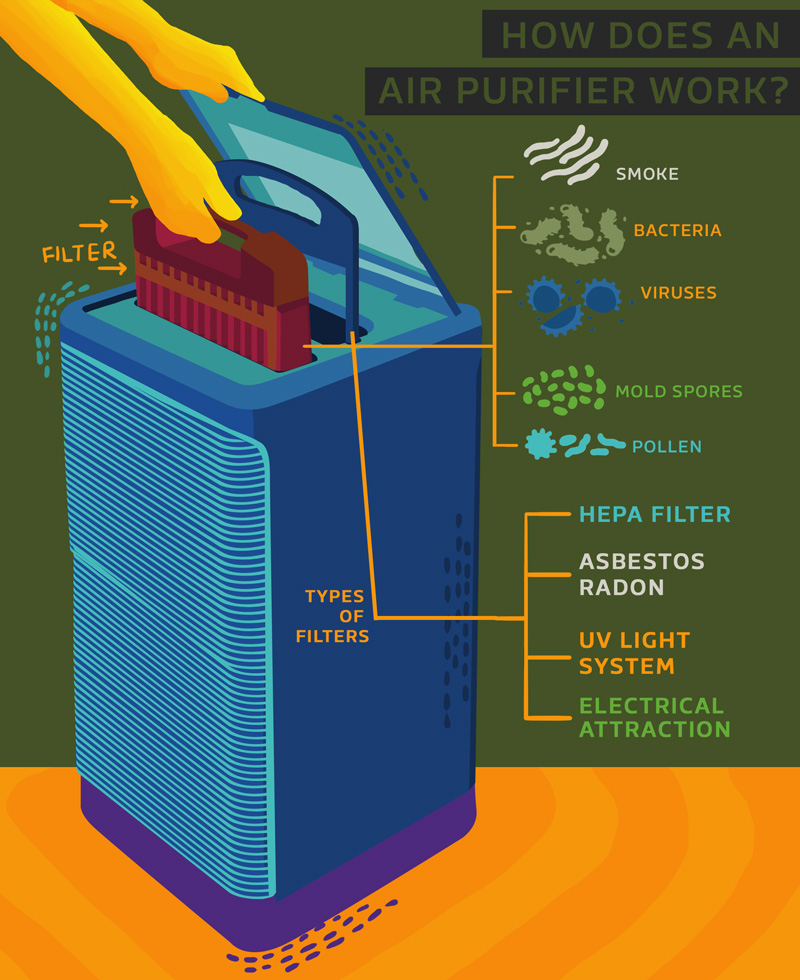Checking Out The Ecological Advantages Of Heat Pumps - A Sustainable Heating Solution
Checking Out The Ecological Advantages Of Heat Pumps - A Sustainable Heating Solution
Blog Article
Created By-Barry Strand
In an age where sustainability and power effectiveness are paramount, lots of businesses seek environmentally friendly heating remedies. One such service is the heatpump.
A heatpump extracts the heat in its surroundings and pumps it into your home, causing among the most effective environmentally friendly central heating unit around. This procedure likewise generates absolutely no greenhouse gas exhausts, making it a very lasting modern technology.
Power Effectiveness
Heatpump are extremely power reliable and call for little maintenance. They make use of less electrical power than other furnace and are by far the most eco-friendly. They function well with roof solar and can typically pay for themselves in energy savings alone.
They can also give cooling, which is excellent for garage workshops, attic room hangouts and bonus areas, and home additions without prolonging the existing ductwork. They can even be utilized for retrofits in existing homes with hydronic (water-based) circulation systems such as low temperature radiators or radiant floors.
Look for designs with SEER and HSPF rankings that satisfy or surpass copyright's minimum standards, along with the criteria in your area. Greater ratings indicate higher performance, which saves you money in the future and minimizes your carbon impact. You might also receive rebates and rewards! The best units are those with a ground warmth exchanger for added performance. These systems can absorb thermal power from the ground during the winter months and extract it in the summertime.
Minimized Greenhouse Gas Emissions
Heatpump run on electrical energy and essentially transfer warmth from the air, even when it's chilly exterior. They are able to draw out the free heat caught in air particles and move them inside your home, lowering humidity while doing so.
Contrasted to gas heaters, modern heatpump utilize less than one kilowatt of electrical energy per kilowatt of home heating power they create. This makes them one of the most energy reliable heating choice readily available with a COP (Coefficient of Performance) of four or more. By reducing the requirement for fossil fuels, heatpump help reduce greenhouse gas emissions and cut various other major air toxins.
Structure decarbonization is a global vital, and the cooling and heating field is a key motorist of that procedure. Whether it's real estate investors making web zero dedications, plan manufacturers setting emissions limitations, or occupants requiring greener spaces, electrical heat pumps are being recognized as a crucial solution. They are a cost-effective method to decrease carbon emissions by eliminating the demand for fossil fuels in structures.
Adaptability
Heatpump can be used in lots of types of homes and buildings-- with or without ducts. They work with hot-water radiators, air-conditioning and programmable thermostats. They can replace furnaces or be mounted in new homes. airconditioning can run on solar panels, geothermal systems and even district heating resources like wastewater.
They're excellent at delivering even more warm per power device. As an example, an air-source heat pump generates up to 3 or more home heating systems from each electricity system it consumes.
Getting the most from your heat pump will certainly depend upon your climate zone and quality of insulation. Seek models with ENERGY celebrity scores and contrast their SEER or HSPF specs. In warmer environments, concentrate on SEER; in cooler regions, think about a system with a greater HSPF rating. Additionally, invest in air securing and insulation to lower the load on your heatpump. That will enhance power effectiveness and help you reach your Web Absolutely no goals faster.
lossnay ventilation use wood pellets, chips or logs to create warm and hot water. They are an excellent option for off-grid residential or commercial properties or those who wish to get off the gas grid.
As a standalone heating unit, biomass can provide sufficient energy to keep your home cozy all year round without the regular heat drop off of various other renewable innovations. They can also be used together with solar panels to maximise cost savings and gain from RHI settlements.
A downside of these systems is the ahead of time price and routine gas deliveries. Usually, pellets will require to be blown right into a gas store using a vacuum cleaner system or they can be by hand fed right into the central heating boiler with a receptacle. Logs are normally self-sourced from close-by forest or gotten wholesale. As well as this, they need hand-operated loading and might need cleansing often.